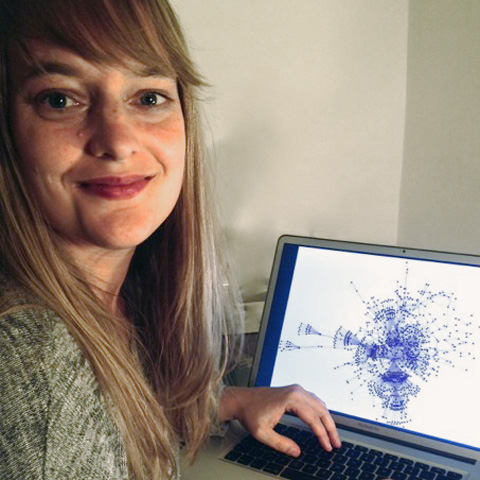KLI Colloquia are invited research talks of about an hour followed by 30 min discussion. The talks are held in English, open to the public, and offered in hybrid format.
Join via Zoom:
https://us02web.zoom.us/j/5881861923?omn=85945744831
Meeting ID: 588 186 1923
Spring-Summer 2026 KLI Colloquium Series
12 March 2026 (Thurs) 3-4:30 PM CET
What Is Biological Modality, and What Has It Got to Do With Psychology?
Carrie Figdor (University of Iowa)
26 March 2026 (Thurs) 3-4:30 PM CET
The Science of an Evolutionary Transition in Humans
Tim Waring (University of Maine)
9 April 2026 (Thurs) 3-4:30 PM CET
Hierarchies and Power in Primatology and Their Populist Appropriation
Rebekka Hufendiek (Ulm University)
16 April 2026 (Thurs) 3-4:30 PM CET
A Metaphysics for Dialectical Biology
Denis Walsh (University of Toronto)
30 April 2026 (Thurs) 3-4:30 PM CET
What's in a Trait? Reconceptualizing Neurodevelopmental Timing by Seizing Insights From Philosophy
Isabella Sarto-Jackson (KLI)
7 May 2026 (Thurs) 3-4:30 PM CET
The Evolutionary Trajectory of Human Hippocampal-Cortical Interactions
Daniel Reznik (Max Planck Society)
21 May 2026 (Thurs) 3-4:30 PM CET
Why Directionality Emerged in Multicellular Differentiation
Somya Mani (KLI)
28 May 2026 (Thurs) 3-4:30 PM CET
The Interplay of Tissue Mechanics and Gene Regulatory Networks in the Evolution of Morphogenesis
James DiFrisco (Francis Crick Institute)
11 June 2026 (Thurs) 3-4:30 PM CET
Brave Genomes: Genome Plasticity in the Face of Environmental Challenge
Silvia Bulgheresi (University of Vienna)
25 June 2026 (Thurs) 3-4:30 PM CET
Anne LeMaitre (KLI)
KLI Colloquia 2014 – 2026
Event Details

Topic description:
Interacting microbes are capable of implementing complex functions such as resistant starch degradation in human guts, denitrification of water in wastewater treatment or ABx tolerance in disease-related biofilms. To better understand and manage microbial functions we require understanding of the intrinsic and environmental factors that drive microbial community organization and shape collective, microbial functions. I will present my recent research on structure-function mapping performed on divers microbial communities from selected habitats. I will bridge between the predictability of environmental variation in river biofilms, the competition among functional guilds in the lung microbiome of persons with cystic fibrosis, the self-organisation of gut microbiota with heterogeneous memory capacity and the identification of predominant organization principles inferred from time-series data of microbial composition.
Bibliographical note:
Dr. Stefanie Widder is a computational biologist, currently a senior fellow at the KLI and affiliated with the Medical University of Vienna. She is working on the systems biology of complex communities, in particular microbial consortia and gene regulatory networks. Her research aims at predictive understanding of complex community functions that find application in human health and related fields (e.g. Widder et al. ISMEJ 2016).


